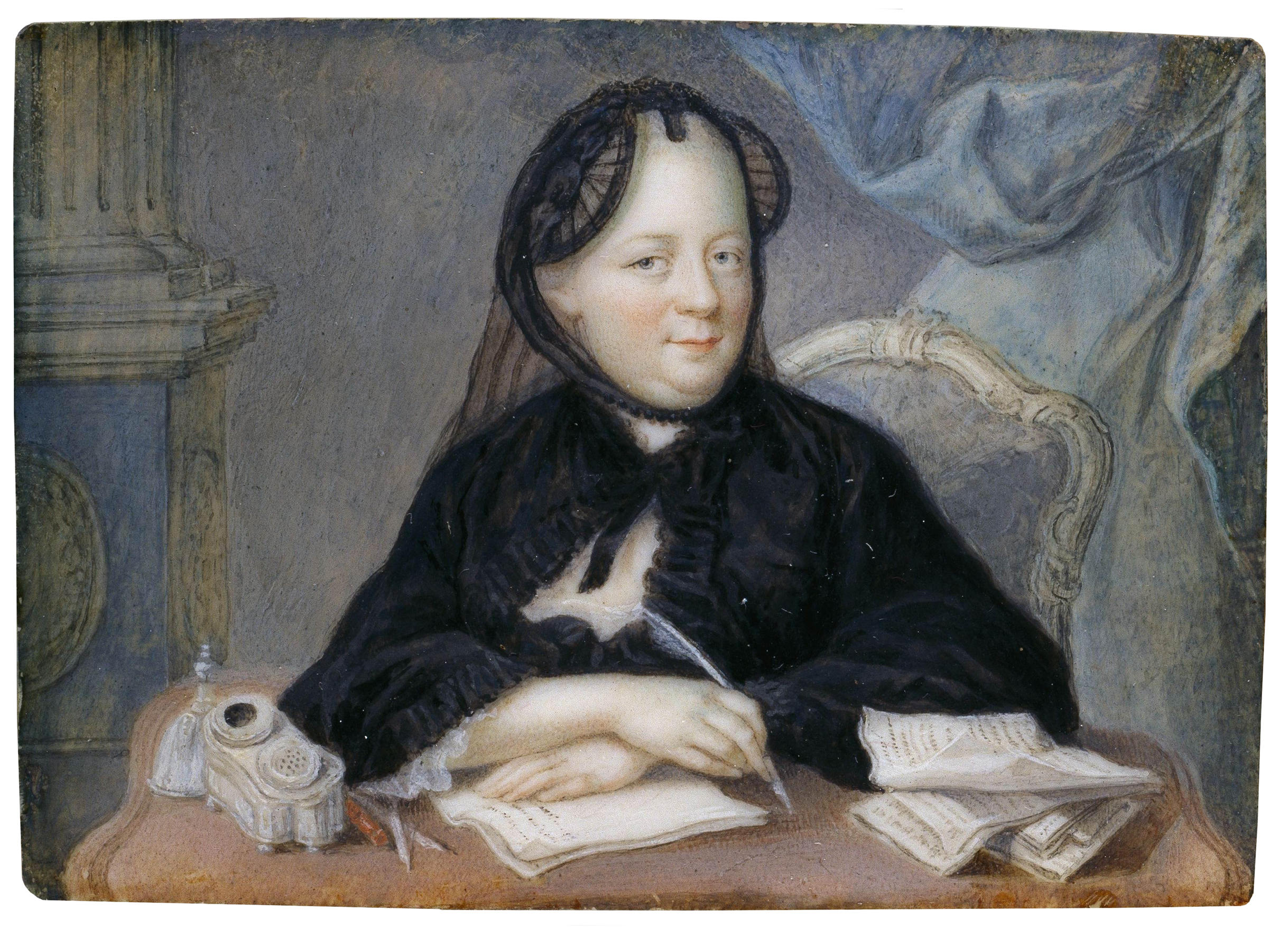...Catherine The Great...What an exceptional historical figure!
Author
Paula Paul
has written a novel about this great Empress:
Watch for my review this week...
Today, here on EBJ - History Salon, I have the pleasure of receiving Paula Paul with this terrific post on "Equality for Women".
Equality for women?
Catherine the Great of Russia never heard that expression. She knew
women weren’t seen as equal to men anywhere during the eighteenth
century when she lived and reigned. Yet it never seemed to occur to her
that she wasn’t equal to anyone or that she wasn’t superior to most.
Catherine is the protagonist in my novel Sins of the Empress.
The story begins when she was a young German princess and was chosen at
the age of thirteen by the reigning Empress Elizabeth of Russia to
become the bride of the heir to the throne, Peter III. Arranged
marriages were the norm, of course, especially among royalty.
Catherine, however, thought she had a right to protest. She announced
that she would choose her own husband.
She was thwarted in that attempt, but it didn’t stop her from striving
for her right to be her own woman and make her own choices. That wasn’t
the last time she lost a battle, either. Still, she never gave up. She
was one of the strongest women I’ve ever read or written about, as well
as one of the most unorthodox—at least by twenty-first-century
standards.
I came to write about Catherine after an editor asked me to write a
historical novel. “You can write about anyone you choose, as long as it
is a real woman.” she said.
Write about anyone?
Really? Who? Phillapa Gregory among a host of others were writing
about women in England and France and other places in Europe. Was there a
woman left who hadn’t been written about?
“Who would you like to write about?” the editor asked.
“Catherine the Great of Russia,” I said, literally without thinking,
but I had an eerie feeling that she was standing behind me telling me
what to say.
It wasn’t as if I’d never heard of her, but I didn’t know much about
her. I first met her when I was in my twenties and an editor at the
newspaper where I was working handed me a book about her and told me to
review it for the book page in the paper. No, I don’t remember what I
wrote, but I do remember that the book was very dry, and after I wrote
the review I was left with the haunting feeling that I hadn’t done her
justice, and that she knew I hadn’t. I was given the book after I
reviewed it, and it rested on one of my overstuffed book shelves for
more years than I care to admit. I would look at the spine from time to
time when I was searching for another book, and the haunting feeling
would return briefly.
In time, I forgot some of the details. Was she a British princess? No,
not British, but what? What did she do that earned her the right to be
called “great?” I’ll reread that book one of these days, I told myself,
secretly knowing I wouldn’t because it was so dull--not even a hint of
the salacious story about sex with a horse which I later heard, and no
it’s not true. (You can read what my character Sveta has to say about
that in Sins of the Empress.)
Every time I looked at the spine of that book, I felt she was calling
out to me to read more about her. She was even taunting me: I’ll change your life if you’ll just read.
Shortly after the editor called, and I had foolishly spoken without
thinking, I did begin to read. I read and I read and I read. Books about
her, memoirs written by her, books she read during her life time. A
powerful, intelligent, independent woman immerged as I read. But she was
anything but orthodox. She changed lovers as often as she changed ball
gowns. Some of them were younger than her sons. She gave one of her
children away. She was accused of murdering her husband.
How was I going to make a woman like that a sympathetic character whom
modern women would understand? I didn’t know the answer to that, but I
began to write anyway, allowing my characters to speak to me, as I
always do. I continued to research her life as I wrote, and I began to
see her as a woman of her time with mores different from our own, but a
woman who was capable of deep love—enough love to give a child away to
save his life. She was a woman who dared to save Russia from the
clutches of her mentally incompetent husband and from economic crises
because of her intellect and understanding of economics. She was a woman
who built hospitals for the poor and schools for girls, who faced down
generals and kings, who did her best to end wars.
She did all of that while all of Europe tried to call her incompetent because she was a woman.
Equality for women? Of course you’re equal, even superior to some, and
don’t ever stop believing that even when we suffer setbacks.
Yes, she changed my life.
It is my hope she will change yours as well.
About the Author:
Paula Paul is the award-winning author of 25 novels for both children
and adults. She also had a career as a newspaper journalist and has won
several state and national awards in that field. A native Texan, she
grew up on a cotton farm/ranch in Bailey County, a county named for her
ancestor who died at the Alamo. She loves playing the piano and learning
how to or about just about anything. Oh, and big family get-togethers
with her two children and their families. She lives in Albuquerque, New
Mexico, with her husband.












































.jpg)









